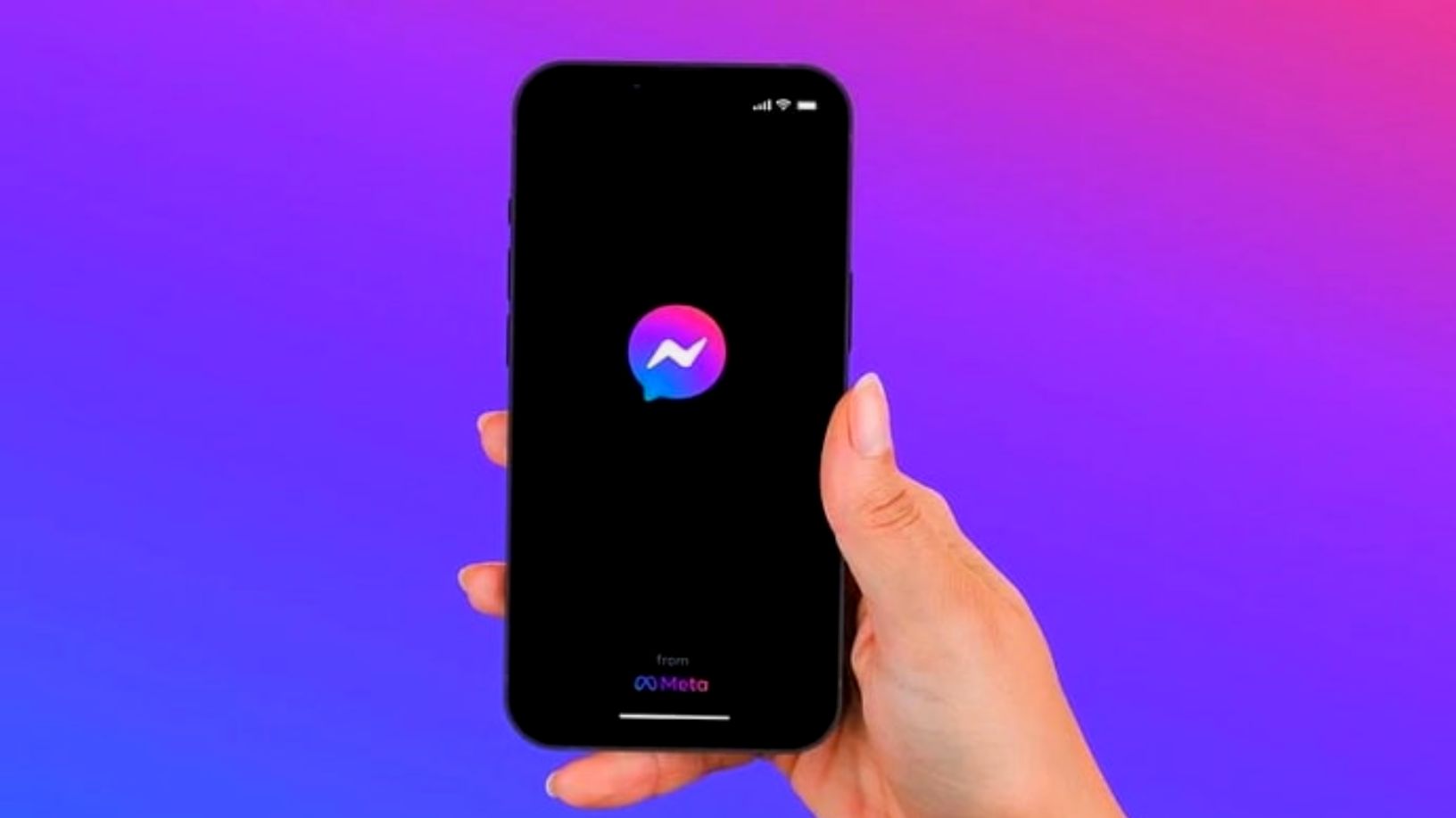Introduction
The journey of Messenger, from its inception to becoming a social powerhouse, is nothing short of awe-inspiring. Facebook launched Messenger as a standalone messaging app in 2011, providing a new dimension to communication by freeing conversations from the Facebook app. Over the years, Messenger has evolved from a simple tool for text-based conversations to a multimedia haven, offering voice and video calls, photo and video sharing, and expressive stickers and emojis. With its user base reaching over a billion users by 2016, Messenger has become a platform that connects friends, families, and colleagues across oceans and continents.
In this blog post, we will explore how you can disable end-to-end encryption on Messenger. While end-to-end encryption ensures the security of your messages, there might be situations where you need to turn it off. We will discuss the reasons why you might want to disable this feature and guide you through the process of doing so.
What is End-to-End Encryption?
End-to-end encryption (E2EE) is a security measure that ensures only the intended recipient(s) can access your messages. It prevents anyone, including the platform you’re using (e.g., Messenger, Telegram), from reading your messages. This feature adds an extra layer of security to your private conversations, making it nearly impossible for unauthorized parties to intercept or decipher the messages.
Reasons to Disable End-to-End Encryption
While end-to-end encryption is a valuable security feature, there are a few scenarios where you might want to disable it:
- Legal Requirements: In rare cases, you might be involved in legal issues that require you to allow third parties to access your messages. Although this situation is uncommon, it cannot be completely ruled out. Keep in mind that disabling end-to-end encryption should only be done if legally necessary.
- Older Devices: If you are using an older device that struggles to handle the processing requirements of end-to-end encryption, you might experience longer loading times for messages. In such cases, it may be preferable to switch to a newer device that can support the standard security measures without compromising performance.
Now that we understand the reasons behind disabling end-to-end encryption, let’s explore how you can turn off this feature on Messenger.
How to Disable End-to-End Encryption on Messenger
By default, end-to-end encryption on Facebook Messenger is turned off. If you wish to disable it, follow these steps:
Step 1: Open the Messenger app on your smartphone and log in to your account.
Step 2: You will be taken to your Chats page. Look for a pencil icon in the top right corner and tap on it.
Step 3: The New message list will appear. At the top right, you will see a toggle button with a lock icon. By default, it is turned off. Tap the toggle button to turn on end-to-end encryption.
Step 4: Now, open the chat with the user you wish to talk to. This chat will be end-to-end encrypted.
Remember, disabling end-to-end encryption should be done with caution and only when absolutely necessary. It is important to weigh the risks and benefits before making this decision.
Why Should You Keep End-to-End Encryption Enabled?
While there might be rare situations where disabling end-to-end encryption is necessary, it is generally advisable to keep this security feature enabled. Here are a few reasons why:
- Message Security: End-to-end encryption ensures that your messages remain private and secure. It prevents unauthorized access, protecting your sensitive information from potential threats.
- Data Privacy: By keeping end-to-end encryption enabled, you maintain control over your personal data. It reduces the risk of data breaches and unauthorized data collection.
- Trust and Confidence: End-to-end encryption builds trust among users. Knowing that their conversations are protected fosters a sense of confidence in using Messenger for private communication.
- Legal and Ethical Considerations: Protecting privacy is an ethical responsibility, and in many jurisdictions, it is also a legal requirement. End-to-end encryption helps to fulfill these obligations and ensures compliance with data protection regulations.
Conclusion
Messenger has come a long way since its launch, transforming the way we communicate and connect with others. While end-to-end encryption provides an essential layer of security, there might be rare instances where disabling it becomes necessary. By following the steps outlined in this article, you can easily turn off end-to-end encryption on Messenger. However, it is crucial to carefully consider the risks and benefits before making this decision. Keeping end-to-end encryption enabled ensures the privacy and security of your messages, fostering trust and confidence in your online communications.
